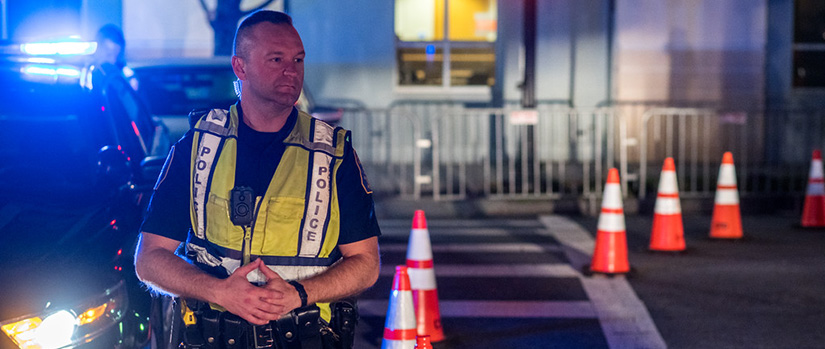Criminal Law is a branch of legal study that focuses on investigating and prosecuting individuals suspected of committing offenses against the state or individuals. Criminal law is characterized by the adversarial nature of legal proceedings, where the prosecution and defense attorneys represent the interests of society and the individual defendant, respectively, in both negotiation and in court. In studying the field of criminal law, students will learn how law defines criminal laws and establishes the elements required for conviction, develops defenses, sets the rules that regulate investigations into criminal offenses, and structures the processes by which an individual is accused and tried. The topic of criminal law covers a diverse array of offenses, from minor misdemeanors to serious felonies, and includes subfields such as white-collar crime, juvenile justice, and international criminal law.
Law students interested in Criminal Law can pursue various career paths within this dynamic field. Students can seek employment as prosecutors, who work for the government and are responsible for making charging decisions (that is, deciding whom to prosecute and what crimes those individuals will be prosecuted for), or public or private criminal defense attorneys, who ensure that the rights of the individuals they represent are protected and respected through the legal proceedings. There are prosecutors and defense attorneys at the federal and local level, and both prosecutors and defense attorneys can be generalists or can further specialize in areas like cybercrime, environmental law, or human rights law. Beyond criminal practice, there are opportunities for attorneys to work directly for counties, cities, or police agencies as in-house counsel, and to engage in policy advocacy, research, or teaching to contribute to the development and improvement of criminal justice systems.
We offer a wide range of relevant courses. Not every course is offered regularly, and to be a well-rounded lawyer you should take many other courses as well.
Courses foundational to the topic
- Criminal Adjudication
- Criminal Law
- Criminal Procedure
Courses focused on the topic
- Criminal Law Externship
- Criminal Practice Clinic
- Criminal Trial Practice
- Eighth Amendment Law & Litigation
- Federal Criminal Practice Capstone
- Gender-Based Violence Seminar
- Juvenile Justice
- Police Law & Policy
- Regulation of Vice
- South Carolina Criminal Law & Procedure
- Technology and Criminal Prosecution
- White Collar Crime
- Wrongful Convictions Seminar
- Youth Defender Clinic
Courses aware of the topic
- Animal Law
- Appellate Advocacy
- Children and the Courts
- Constitutional Law
- Domestic Violence Clinic
- Evidence
- Federal Courts
- Federal Indian Law
- Parents, Children, and the State
- Poverty Law and Policy
- Race, American Society & the Law
- Reproductive Rights and Justice Seminar
- Seminar on Restorative and Transformative Justice
- State Constitutional Law
- The Constitution and National Security
- Trial Advocacy
- Children’s Law Concentration
- Combination degrees in Criminology and Criminal Justice and in Social Work
Our relevant student organizations include:
- Children's Advocacy Law Society
- Mock Trial
- Moot Court Bar
- South Carolina Association of Criminal Defense Lawyers
These (and other) faculty and staff may be available to advise you, supervise your own legal research ("SLR"), or hire you as a research assistant. Learn about them through their biographies, and then consider reaching out.
- Aleksandra Chauhan, Director of the Criminal Practice Clinic
- Professor Thomas Crocker
- Dean Susan S. Kuo
- Professor Colin Miller
- Professor Seth W. Stoughton
- Professor Madalyn K. Wasilczuk
- Professor Mark Yancey
- SC Bar Criminal Law Section
- US Department of Justice National Advocacy Center at the University of South Carolina
